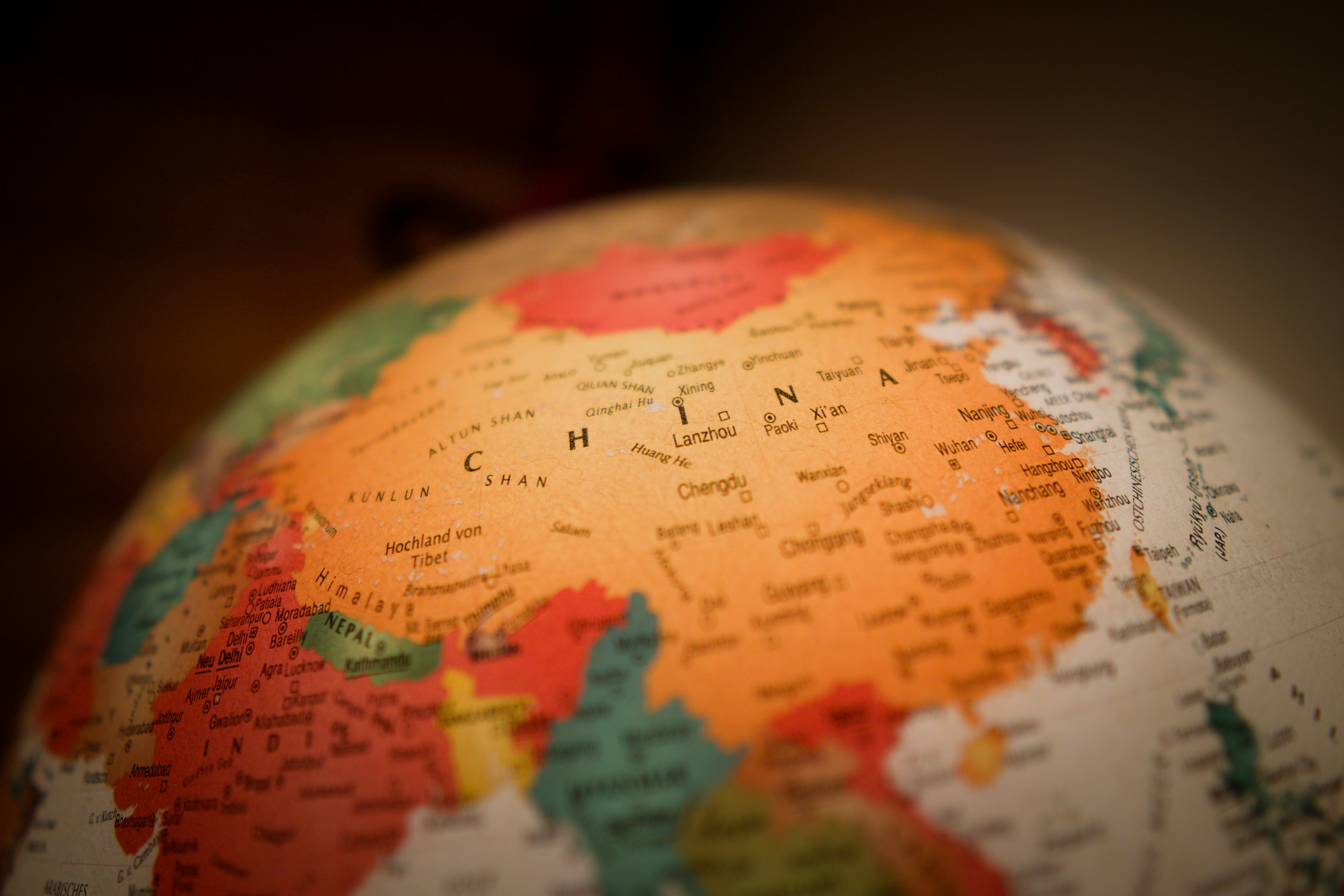This made some countries begin to question whether they should continue to heavily rely on China for their goods.
While China was able to stabilize their supply chain over time – it began to deteriorate once more as it took a backseat to the country’s Zero-Covid policy. Imposing strict lockdowns – many factories had no choice but to shut down as citizens were required to remain at home hoping to drive community infections down to zero.
Coupled with their Zero-Covid policy, China is also dealing with a record-breaking heat wave and drought leading to power shortages, dried up bodies of water and potential food shortages. The heat wave which has seen temperatures averaging about 104 degrees Fahrenheit is the longest hot spell that China has ever seen since they started collecting weather data in 1961.
At least one Climatologist believes it’s the most devastating heat wave ever recorded. “This combines the most extreme intensity with the most extreme length with an incredibly huge area all at the same time,” Maximiliano Herrera explained to New Scientist. He goes on to say, “There is nothing in world climatic history which is even minimally comparable to what is happening in China.” If this wasn’t bad enough – citizens in these same provinces are now being evacuated as heavy rains lead to fears of floods.
Due to the power shortage - the government suspended companies in certain provinces to shut down factories. Apple, Tesla, and Toyota Motors are some of the companies effected by this suspension. With little they can do about it – many organizations are again wondering if relying on China for their goods is the right way to go.
While not closing shop in China, Japanese car manufacturer Honda is toying with the idea of creating a separate supply chain outside of China. A Honda spokesperson stated, “The review of the supply chain from China and risk hedging are elements that need to be considered, but it is not quite the same as the objective of decoupling.”
This comes on the heels of the Japanese government incentives for Japanese automakers to bring production back to the country. Although, it’s not that simple as many automakers have put a lot of time, resources, and money into their Chinese supply chains.
Can China come back from these supply chain blunders? Because so many countries rely heavily on China for their goods it’s not financially feasible for companies to shut down operations overnight. If companies do decide to move their supply chain to a different country - it won’t happen for several months - if not years.
In the meantime- the Chinese government hopes to have the issues stemming from the heat wave resolved this week. Zhao Hong, marketing director for State Grid’s Sichuan subsidiary said in a statement - “The contradiction between power supply and demand in Sichuan will be basically resolved in the next three days.”






